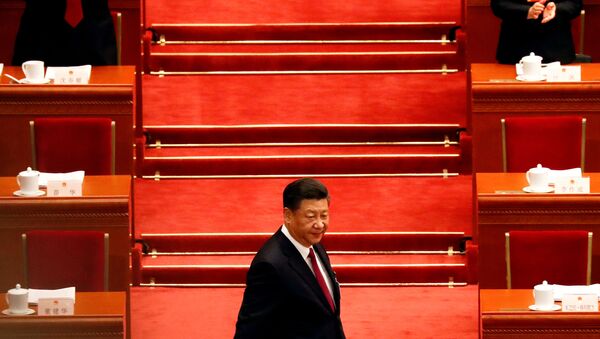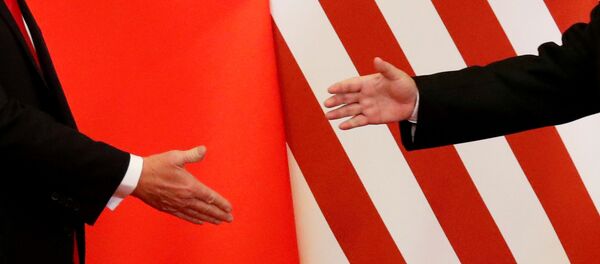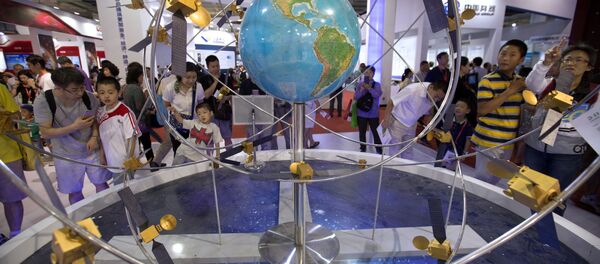China must adopt a "whole country" approach to mobilising the nation's private enterprises to decouple from foreign technologies in the ongoing trade war against Beijing, a top official in the Chinese Communist Party wrote on Monday.
But China's technological capabilities had shortcomings, exposing the nation to vulnerabilities to foreign sanctions, he said.
“In the semiconductor industry, China’s production capacity accounted for only 7 per cent of the global total but China’s demand accounted for 33 per cent of global total. As a result, China has to rely on imports to meet over 80 per cent of domestic demand for semiconductor products,” he wrote as quoted by the SCMP.
Jiang added the United States was imposing a "technology blockade" over China to "significantly disrupt" external technology exchanges and cooperation.
"[It’s] an inevitable choice [for China] to seek a self-dependent and self-empowerment strategy in the technology sector,” Jiang added.
China's strategic goal was to develop "autonomous capabilities in key industrial areas" to reduce reliance on foreign technologies, key components, equipment and others, "especially those from Western countries", he explained.
Beijing must also build "national teams" to strengthen scientific research and development (R&D) in key application areas, he said, adding backing private firms in R&D with "state purchase of research results" would boost such efforts.
China Rise in the Ongoing US Trade War on China
The article follows a report published on Monday, which found China's artificial intelligence (AI) capabilities were catching up to the US and had surpassed the European Union after major gains in supercomputing, investment and R&D.
The achievements come amid a massive $1.4tn funding programme launched by the Chinese State Council in October last year aimed at building infrastructure, green energy, 5G, artificial intelligence, and other emerging technologies.
Chinese tech giants, including Huawei Technologies and Shanghai-based semiconductor firm SMIC, also launched a $774m China Europe Capital fund in 2020 to boost mainland firms hit by Washington's trade restrictions.
The article comes just after President Xi opened the World Economic Forum 2021 in Davos, where he urged cooperation on tackling the ongoing COVID-19 pandemic and strengthen multilateral institutions aimed at resolving global crises.
China's National Bureau of Statistics (NBS) reported last week its economy had grown 2.3 percent in 2020 and 6.5 percent in Q4 amid COVID-19, due to its strict COVID-19 restrictions and emergency aid for businesses, leading to a quick recovery.
Beijing also inked two major deals - the $26.2tn Regional Cooperative Economic Partnership (RCEP) and China-EU Cooperative Trade agreement - ahead of Biden's inauguration, sparking fierce concerns from Washington.
The geopolitical shifts come after former US president Donald Trump's acrimonious trade war with Beijing, which targeted top mainland tech firms such as Huawei Technologies, ZTE, chipmaker SMIC, Tencent Holdings, ByteDance and others.






